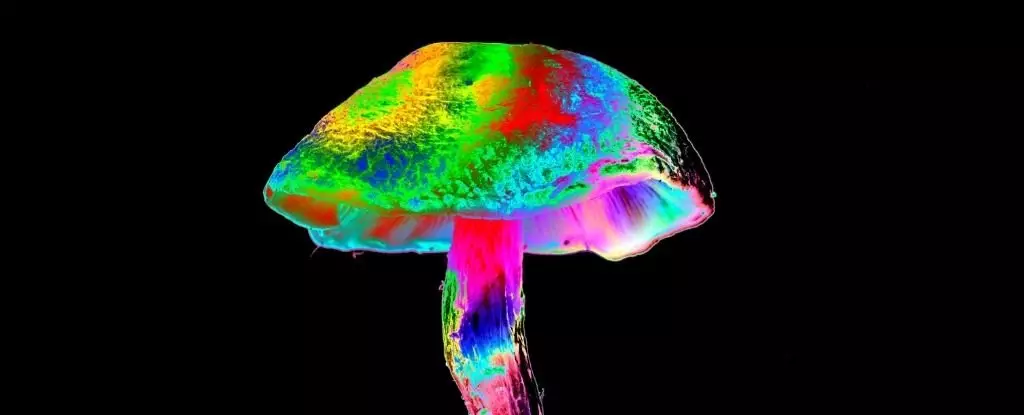Psychedelics have gained increasing attention in both scientific research and public interest. These powerful substances have the capacity to alter perception, mood, and various mental processes, showing promise for treating a wide range of mental health disorders. However, in order for their use to be safe and effective, it is crucial to understand how they interact with different mental health conditions, especially personality disorders.
A recent study conducted by researchers at Imperial College London delved into the intricate relationship between psychedelics and mental health, shedding light on the potential risks for individuals with personality disorders. The study collected self-reported data from 807 participants who had used psychedelics in various settings, ranging from recreational to therapeutic. Participants’ mental wellbeing was measured before and after psychedelic use through the Warwick-Edinburgh Mental Wellbeing Scale. The study revealed that although only 16% of all participants reported an overall negative response to psychedelics, a significant portion of these negative experiences (31%) came from individuals with a history of personality disorders.
Despite the insights provided by the study, it is important to acknowledge its limitations. The reliance on self-reported data, a small sample size, and a high dropout rate of 56% could have skewed the results. Additionally, the absence of a control group for comparison, variations in the types and dosages of psychedelics used, and lumping together different personality disorders without considering their individual risks could have implications on the study’s findings.
Various personality disorders may respond differently to psychedelics, posing unique challenges. Individuals with histrionic personality disorder or borderline personality disorder may experience heightened emotional instability, while those with schizotypal personality disorder could become more paranoid. People with narcissistic personality disorder, who struggle with self-reflection and criticism, may find it particularly challenging to navigate the introspective nature of psychedelics.
Given the study’s limitations, it is essential to approach its findings with caution. While recognizing the potential benefits of psychedelics for mental health, it is crucial to emphasize the importance of careful screening for personality disorders before incorporating psychedelics into therapy. A personalized approach to using psychedelics is necessary, especially for vulnerable individuals, to ensure safety and effectiveness in treatment.
As the field of psychedelic therapy continues to evolve, it is imperative to further explore how these substances interact with mental health conditions, including personality disorders. More rigorous methods, such as controlled trials comparing psychedelics to standard treatments or placebos, should be employed. Personality disorders should be clinically evaluated rather than solely relying on self-reports, and standardized psychedelic doses are essential for assessing their therapeutic potential accurately. The refinement of psychedelic therapy to cater to the needs of individuals with personality disorders is vital for ensuring its safety and efficacy in treatment.


Leave a Reply